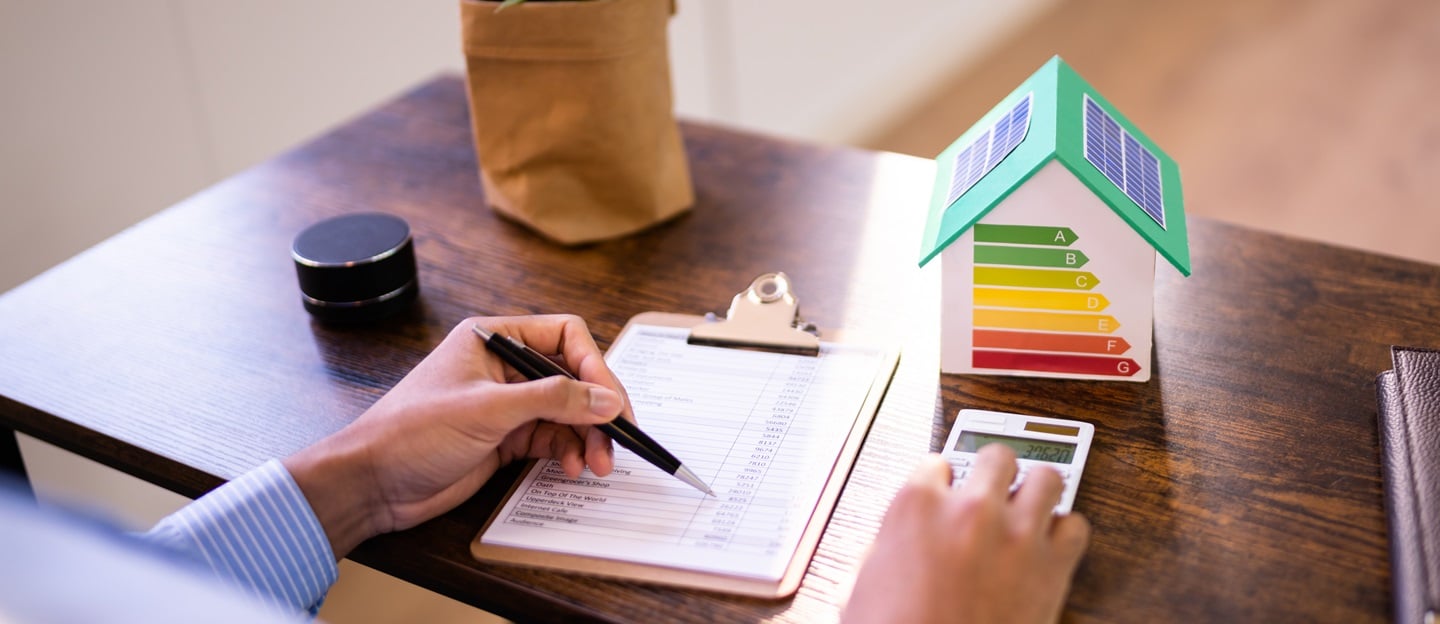The Effects of Hard Water on Boilers and Water Heaters
The Effects of Hard Water on Boilers and Water Heaters
Hard water, characterized by high levels of minerals like calcium and magnesium, is common in many regions. Although these minerals are not harmful to human health, if in excessive amounts they can cause significant problems to domestic equipment, particularly boilers and water heaters. We explore in detail how hard water affects these devices and what solutions are available to mitigate the risks.
What is hard water?
Water is defined as ‘hard’ when it contains a high concentration of dissolved minerals, mainly calcium and magnesium. These are derived from the dissolution of limestone, gypsum and other minerals naturally present in the soil through which the water passes.
In domestic heating systems, when this mineral-rich water is heated, the minerals crystallize and form lime deposits.
Consequences of limescale in water on boilers and water heaters
- Reduced efficiency: limescale deposits act as thermal insulators in boilers and water heaters, inhibiting effective heat transfer from the heating element to the water. This requires more energy to heat the water to the desired temperature, increasing energy costs.
- Wear and corrosion: limescale can build up in critical components of boilers and water heaters, such as heat exchangers, reducing their efficiency and shortening the life of the appliance. Corrosion caused by limescale deposits can lead to costly breakdowns and the need for premature replacement.
- Blocked pipes: limescale can build up in pipes, reducing water flow and increasing pressure within the system. This can cause damage to pipes and other components, increasing the risk of leaks and other maintenance problems.
Strategies to reduce and prevent limescale deposits
Several strategies can be adopted to combat the effects of hard water:
- Installation of water softeners: these devices remove minerals responsible for water hardness before they enter the domestic system. They are effective in preventing limescale build-up and can be configured to suit the specific needs of the home.
- Chemical treatments: there are several chemicals available on the market that can be added to the system to prevent limescale build-up or dissolve existing deposits. These treatments must be used with caution, following the manufacturer's instructions to avoid damage to the appliances.
- Planned maintenance: a regular maintenance program is crucial to maintain the efficiency of boilers and water heaters. This includes periodic cleaning of limescale deposits and checking all components for signs of wear or damage.
The importance of preventing hard water damage
Managing hard water is crucial for maintaining the efficiency and longevity of boilers and water heaters. Implementing the right technologies and conducting constant maintenance are essential steps to protect these appliances from erosion caused by limescale.





